
Social Success on the Carnivore Diet: Tips for Staying Committed at Gatherings and Restaurants
Social gatherings often mean a spread of carb-heavy foods and tempting desserts that can make sticking to the carnivore diet feel tricky. But with a b...
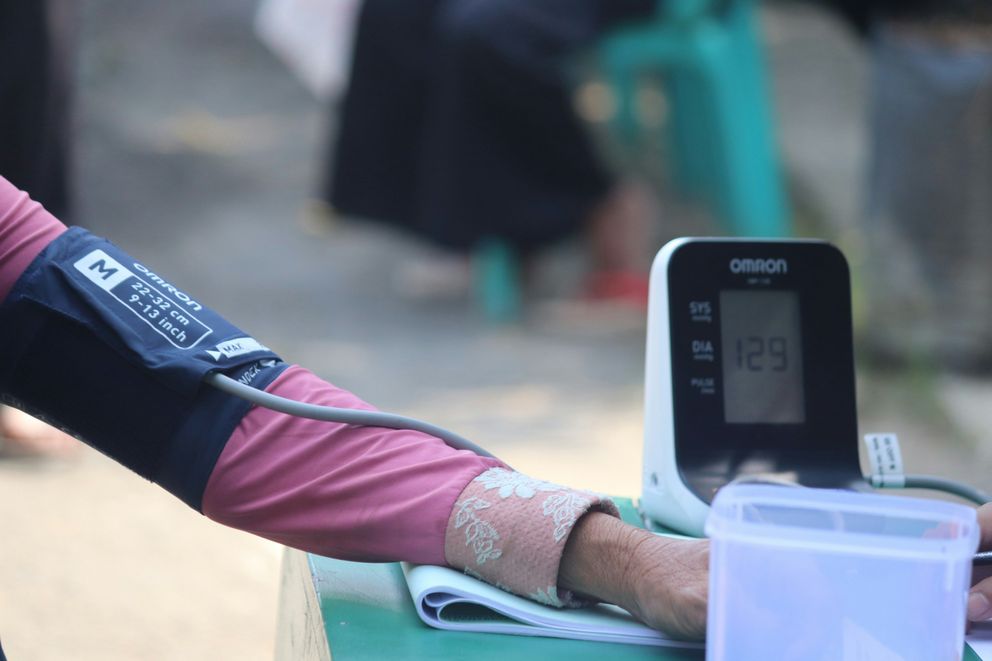
Hypertension—also known as high blood pressure—can feel like an intimidating diagnosis, but don’t worry, you’re not alone. For many women, particularly as they age, this condition can sneak up and cause some serious health concerns. But here’s the good news: the right diet can make a world of difference.
Let’s explore the best diets for managing hypertension in 2024, with tips that are both practical and backed by solid research.
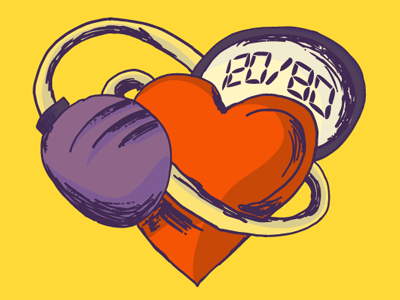
You’ve probably heard hypertension called the “silent killer,” and for good reason. It often doesn’t come with a warning sign until it’s already doing damage to your heart and arteries. If you’re a woman over 40, your risk of developing hypertension increases, thanks to factors like hormonal changes, lifestyle, and good old genetics.
In the United States alone, nearly 1 in 3 women deals with hypertension. It’s not just a number; it’s a leading cause of health issues among women, which makes managing it a priority.
If you’re serious about tackling high blood pressure, the DASH (Dietary Approaches to Stop Hypertension) diet is a fantastic place to start. Think of it as a diet rich in all the good stuff—fruits, vegetables, whole grains, and lean proteins—designed specifically to lower blood pressure. And it works! Studies show that following the DASH diet can reduce your systolic blood pressure by 8-14 mmHg. That’s a big deal.
According to the International Journal of Preventive Medicine, women who stick to the DASH diet can reduce their risk of heart disease by 20%. The diet’s focus on high-potassium and low-sodium foods is like giving your blood pressure a natural chill pill.
Who wouldn’t love a diet that lets you enjoy olive oil, fresh veggies, and a bit of red wine? The Mediterranean diet isn’t just delicious; it’s also a fantastic way to keep your heart in tip-top shape. Studies show that following this diet can reduce the risk of heart disease by a whopping 30% and help keep your blood pressure in check.
A study in the the Journal of the American Medical Association found that women who followed the Mediterranean diet saw a 25% lower risk of hypertension. It’s all thanks to those heart-healthy fats from olive oil and a diet packed with antioxidant-rich foods.
Plant-based diets are having a moment, and for a good reason. Focusing on vegetables, fruits, whole grains, and nuts can do wonders for your blood pressure. In fact, research shows that women who follow a plant-based diet can lower their systolic blood pressure by an average of 5 mmHg.
A study published in The Journal of Geriatric Cardiology revealed that women on a plant-based diet had a 35% lower risk of developing hypertension compared to those who ate a more traditional Western diet. The secret? Lots of fiber and minimal processed foods.
Low-carb diets, like keto, are all the rage for weight loss, but when it comes to hypertension, the results are mixed. While some studies show that low-carb diets can reduce blood pressure, others suggest that the high intake of saturated fats could offset those benefits. If you’re thinking about going low-carb, it’s best to chat with your doctor first.
According to the Cochrane Database of Systematic Reviews, some women on a low-carb diet saw a 7% reduction in systolic blood pressure, while others saw little to no change. The takeaway? This might not be the best route if you’re focused on heart health.
Here’s the thing: managing hypertension isn’t just about what you eat—it’s about how you live. Here are some tips to keep you on the right track:
Taking control of your hypertension is possible, especially when you have the right diet on your side. Whether you opt for the DASH, Mediterranean, or plant-based diet, each offers unique benefits that can help lower your blood pressure and boost your overall health. Remember, it’s about balance—pairing a healthy diet with an active lifestyle, managing stress, and staying on top of regular check-ups is the best way to keep hypertension at bay.
Absolutely! Studies show that a well-balanced plant-based diet can lower systolic blood pressure by an average of 5 mmHg. It’s all about those nutrient-packed veggies and whole grains.
Both diets are great for managing hypertension, but the DASH diet is specifically tailored to lower blood pressure, while the Mediterranean diet is a broader approach to heart health.
It can be. Low-carb diets can be high in saturated fats, which might not be the best for your blood pressure. It’s always a good idea to consult with your doctor.
Aim for 1,500 to 2,300 mg of sodium per day to keep your blood pressure in check.
Yes, regular exercise complements a healthy diet and is crucial for managing hypertension effectively.
Yes, limit foods high in sodium, processed foods, and those loaded with saturated fats to keep your blood pressure under control.

Social gatherings often mean a spread of carb-heavy foods and tempting desserts that can make sticking to the carnivore diet feel tricky. But with a b...
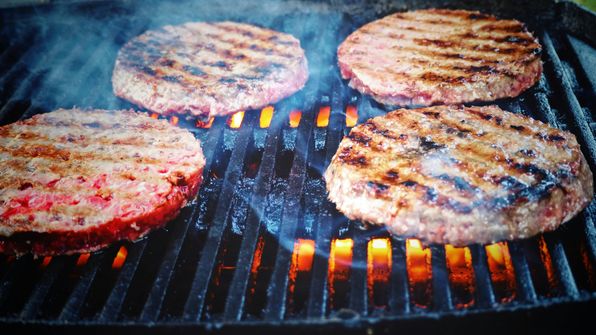
The carnivore diet is often seen as straightforward: eat meat, keep it simple. But adapting it seasonally can bring freshness, variety, and local flav...
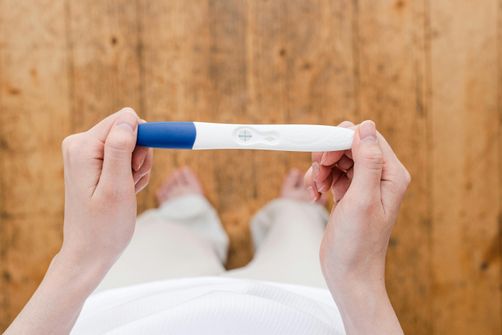
The carnivore diet has become increasingly popular, but like any extreme dietary approach, it raises important questions—especially for women concerne...

The carnivore diet has gained attention globally, but women’s experiences and cultural approaches to animal-based eating vary widely depending on wher...
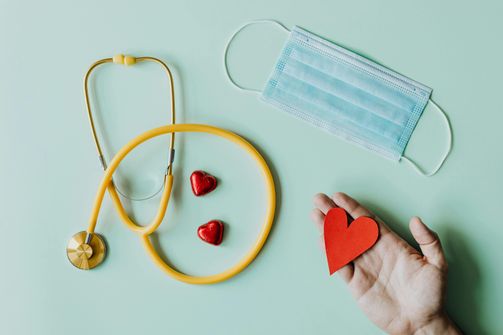
Living with Chronic Obstructive Pulmonary Disease (COPD) can make everyday activities feel like a marathon, especially for women who are juggling heal...